Last Updated: January 31, 2024
Introduction
MIT recognizes that freedom of expression is essential to the Institute’s mission as long as it does not unreasonably interfere with or disrupt Institute events, programs, activities, academics, research, or operations (collectively, “Institute Activities”).
These written guidelines have been used for several years to help groups in planning events. Shaped by input from Institute Events, MIT Emergency Management, MIT Police, the Division of Student Life, and others, they set forth MIT’s expectations for the safe expression of differing viewpoints – focusing on events on the MIT campus including vigils, protests, and demonstrations – and are consistent with best practices in event management.
These guidelines are intended to promote the responsible exercise of free expression; to allow free expression that does not violate MIT policies; to ensure the smooth and continued operation of Institute Activities; and to protect the safety and security of all members of the MIT community.
Nothing in these guidelines should be interpreted, applied, or enforced to interfere with, restrain, or coerce MIT employees in the exercise of their rights to engage in protected, concerted activity under Section 7 of the National Labor Relations Act.
General Guidelines
Exercising free expression on the MIT campus is subject to the following general conditions:
- Such expression must not be used for purposes of harassment, discrimination, retaliation, invasion of personal privacy, defamation, threats or violence, targeting of groups or individuals, or infringing the intellectual property rights of others. MIT encourages members of the community to be respectful of others, even those with whom they disagree, and to consider the impact of their actions on others when exercising free expression.
- Individuals and groups must comply with the law and all MIT policies, including policies for MIT student groups, Institute Events procedures, MIT’s use of facilities policy, and MIT’s postering policy.
- Institute Activities may not be unreasonably interfered with or disrupted, and access to an Institute event or facility, including any means of egress, may not be blocked or obstructed.
- Invited speakers are also generally free to express their views, even if controversial. Dissenting members of the community may protest and express disagreement, but they may not unreasonably interfere with or disrupt a speaker’s ability to speak or attendees’ ability to attend or hear the speaker.
- Institute groups who wish to organize vigils, protests, or demonstrations of any size are required to register their event, reserve space, meet with Institute officials at least three business days in advance, and honor reasonable “time, place, and manner” restrictions dictated by the Institute, including restrictions on sound amplification.
- Safety and security of the MIT community is paramount, and following all directions from Institute personnel, including the MIT Police, at such events (including counter protests) is required. MIT does not permit disorderly conduct. As always, MIT Police may ask to see anyone’s identification.
In the event that conduct (including counter protests) interferes with or disrupts an Institute Activity, a representative of the Institute may request the conduct to stop or ask the person or group to leave the area or relocate to a more suitable area. If the conduct continues despite a request to stop, MIT reserves the right to take appropriate action, including but not limited to postponing the event, taking disciplinary action, or, where the safety of the community is threatened, taking steps to remove the person or group from campus.
Guidelines for Use of Campus Locations for Vigils, Protests, and Demonstrations
Vigils, protests, and demonstrations of any size (collectively referred to below as “demonstrations”) on the MIT campus may only be organized by Institute groups such as academic departments, administrative offices, and recognized student, faculty, staff, and employee organizations. The organizing group must meet with Institute officials, register the demonstration, and reserve space through Institute Events or Campus Activities Complex at least three business days in advance of their demonstration.
Demonstrations should also generally occur outdoors. MIT has a limited number of preferred locations that may be approved for demonstrations. These locations are the Stratton Student Center plaza, the steps of the Stata Amphitheater, Kresge Oval, McDermott Court, and part of Hockfield Court (as described below). With proper advance registration and consultation with staff, other common spaces on campus may sometimes be approved for demonstrations on a case-by-case basis.
Demonstrations should not be held near MIT childcare center locations. Because portions of Hockfield Court are located close to a childcare center, demonstrations on Hockfield Court may only occur on the west side of the court closest to Stata or the south side of the court closest to Building 66.
Organizers must also follow instructions from Institute officials before and during the demonstration, and must honor reasonable “time, place, and manner” restrictions, including restrictions on sound amplification. Failure to comply with these guidelines may result in MIT requiring individuals or groups to relocate or alter or cease their conduct, and may also lead to disciplinary action.
Demonstrations must not unreasonably interfere with or disrupt an Institute Activity. They are not permitted to be conducted in faculty or administrative offices, classrooms, libraries, study rooms, or similar locations, such as student residences, that would disrupt Institute Activities.
Event Management Team
MIT has established a dedicated Event Management Team to assist in preparing for events or demonstrations that may lead to disruption on campus. In addition to being required to reserve space, register the demonstration, and meet with Institute officials in advance, organizers of events or demonstrations are urged to engage in careful planning for contingencies, including through advance communication and coordination with the Event Management Team and the MIT Police, who can offer support and resources.
